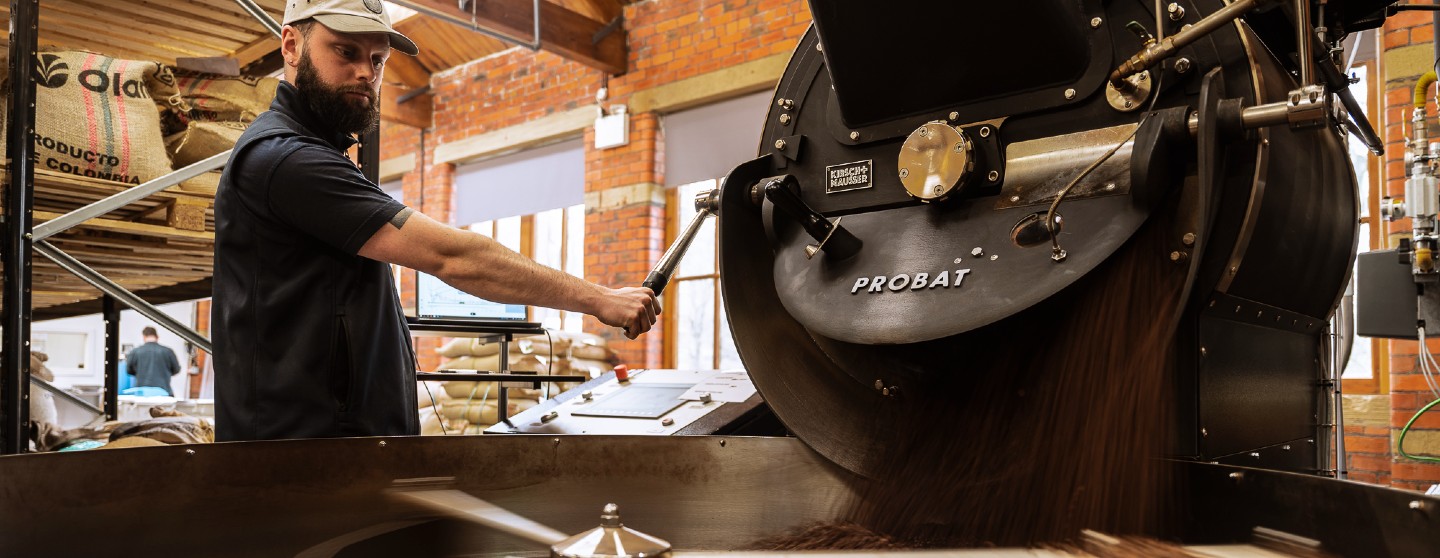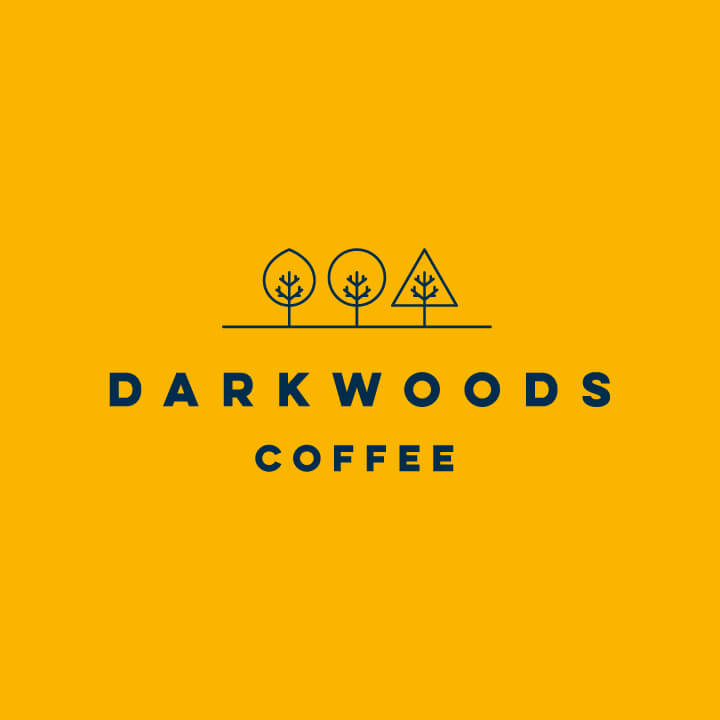

Dark Woods Coffee

June 2020
Food products
Manufacturing
United Kingdom
Dark Woods Coffee is an award-winning specialty coffee roaster based on the edge of Marsden village, in the West Yorkshire Pennines. They specialise in sourcing and roasting exceptional coffees from around the World that celebrate the skill and diversity of producers at origin, whilst never losing sight of what consumers truly want to drink. Customers include local coffee shops, pubs and farm shops to high-end restaurants, as well as globally renowned retailers such as Fortnum & Mason. Their coffee is purchased either directly from producers or through longstanding buying arrangements with estates and speciality exporters, and it’s the development of these relationships that drives their purchasing decisions as much as a desire for quality. The business is embedded in the local community and sees sustainability as the cornerstone of their operations; giving 2% their annual turnover to both local community projects, and to those in the coffee-growing communities. Paying additional quality premiums for coffee, funding development projects at origin, operating a community grants scheme and reducing the environmental impact of their operations with the use of electric vehicles and compostable or recyclable packaging are just some of the ways that Dark Woods
Overall B Impact Score
Governance 17.7
Governance evaluates a company's overall mission, engagement around its social/environmental impact, ethics, and transparency. This section also evaluates the ability of a company to protect their mission and formally consider stakeholders in decision making through their corporate structure (e.g. benefit corporation) or corporate governing documents.
What is this? A company with an Impact Business Model is intentionally designed to create a specific positive outcome for one of its stakeholders - such as workers, community, environment, or customers.
Workers 27.6
Workers evaluates a company’s contributions to its employees’ financial security, health & safety, wellness, career development, and engagement & satisfaction. In addition, this section recognizes business models designed to benefit workers, such as companies that are at least 40% owned by non-executive employees and those that have workforce development programs to support individuals with barriers to employment.
Community 63.8
Community evaluates a company’s engagement with and impact on the communities in which it operates, hires from, and sources from. Topics include diversity, equity & inclusion, economic impact, civic engagement, charitable giving, and supply chain management. In addition, this section recognizes business models that are designed to address specific community-oriented problems, such as poverty alleviation through fair trade sourcing or distribution via microenterprises, producer cooperative models, locally focused economic development, and formal charitable giving commitments.
What is this? A company with an Impact Business Model is intentionally designed to create a specific positive outcome for one of its stakeholders - such as workers, community, environment, or customers.
Environment 33.2
Environment evaluates a company’s overall environmental management practices as well as its impact on the air, climate, water, land, and biodiversity. This includes the direct impact of a company’s operations and, when applicable its supply chain and distribution channels. This section also recognizes companies with environmentally innovative production processes and those that sell products or services that have a positive environmental impact. Some examples might include products and services that create renewable energy, reduce consumption or waste, conserve land or wildlife, provide less toxic alternatives to the market, or educate people about environmental problems.
What is this? A company with an Impact Business Model is intentionally designed to create a specific positive outcome for one of its stakeholders - such as workers, community, environment, or customers.
Customers 5.0
Customers evaluates a company’s stewardship of its customers through the quality of its products and services, ethical marketing, data privacy and security, and feedback channels. In addition, this section recognizes products or services that are designed to address a particular social problem for or through its customers, such as health or educational products, arts & media products, serving underserved customers/clients, and services that improve the social impact of other businesses or organizations.